Observe tenderness, PS cautions 120 alternative child care providers
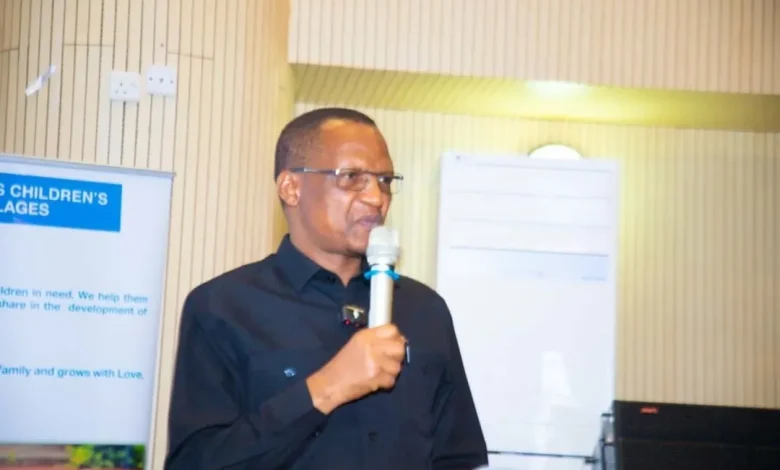
DAR ES SALAAM: THE Permanent Secretary in the Ministry of Community Development, Gender, Women, and Special Groups, Dr John Jingu, has called upon officers providing alternative child care services in the society to consider the job as a calling for a better service rather than just a job.
According to the PS, taking care of children with needs, especially emotional needs, demands a lot of care and tenderness; therefore, taking it as a job would not provide the necessary services to the children.
The Permanent Secretary made the statement during a graduation ceremony of 120 officers who had completed their six-month course in alternative care of children provided by SOS Children’s Villages in Tanzania, sponsored by FairStart Foundation from Denmark.
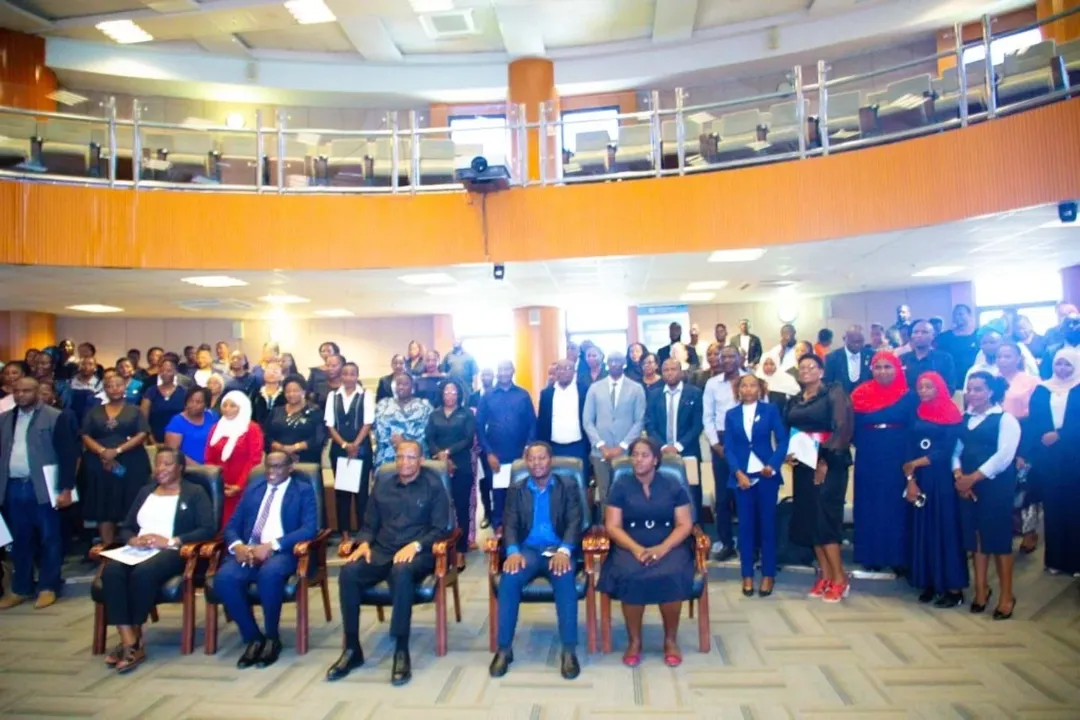
Additionally, Dr Jingu asked the newly graduated to share the knowledge they have received so that there will be a large number of people providing quality alternative care.
“We thank SOS for recognizing the importance of building the capacity of our colleagues who are expected or who have volunteered to provide alternative/substitute care services. This is just the beginning of your journey of offering even better services and teaching others how to provide quality alternative care,” he said.
Moreover, the Permanent Secretary said the present and future of the country or society depend on how children are raised, and since the best place to raise children is in the family, training is a vital instrument in shaping society by providing professional trainers.
ALSO READ: SAMIA’S CALL TO PARENTS: Guide, talk to children
“We understand that some children, unfortunately, miss the opportunity to be raised within a family, their biological family. Some may have become orphans for various reasons, and sometimes children find themselves living on the streets, working on the streets, and staying there. These children also have special needs, and that is why, as a country and as a society, and as is the practice globally we have come up with alternative care systems. All children, regardless of their circumstances, need proper upbringing. Therefore, as a society and a nation, we have an alternative/ substitute care system because what we want is for our children to be raised well,” he stated.
Emphasizing his point, he said that the country needs caregivers who have additional qualifications, and to achieve that, accurate training is necessary.
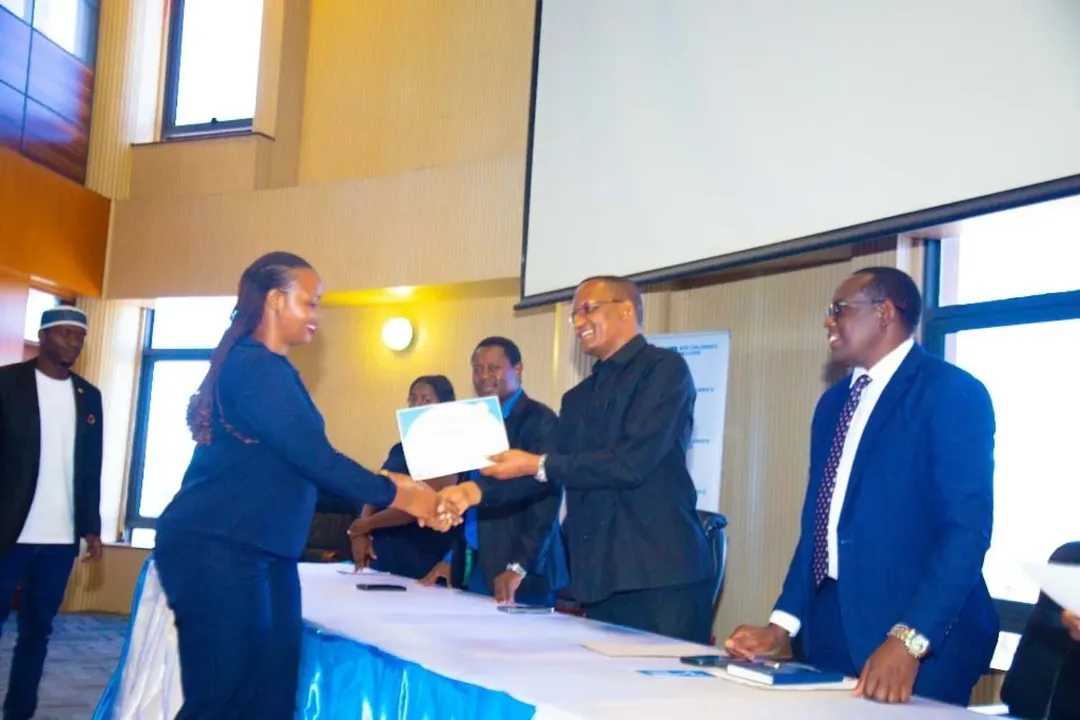
On his part, the National Director for SOS Children’s Villages in Tanzania Mainland and Zanzibar noted that for over 30 years they have been running their projects in the regions of Mwanza, Arusha, Dar es Salaam, and Zanzibar.
“The main goal of the project is to ensure that children and youth in alternative care gain resilience and develop the ability to be self-reliant and start their own lives. The specific objectives of the project are to ensure that children and youth receive quality alternative care services that meet their needs,” he stated.
He also noted that through the course, more than 300,778 children of whom 200,041 are girls and 100,737 boys have benefited from care services, and among them, 982 have improved their skills in caregiving, health, education, and self-reliance.”
According to SOS Children’s Villages one in 10 children and young people are separated from their families, abandoned, neglected or forced to live in an abusive environment, growing up without the support they need to prepare themselves for their future.
ALSO READ: Zanzibar confronts rising malnutrition among pregnant women, children
“The effects often last a lifetime, creating a harmful cycle that repeats from one generation to the next. Together, we are here to break this cycle and to prevent it from happening in the first place. Where they have lost their voice, we help them find it again. Where they have lost the ability to trust and connect with others, we show them that they belong. And where they lack confidence, we build up their courage and skills to thrive in the future,” the organization states.
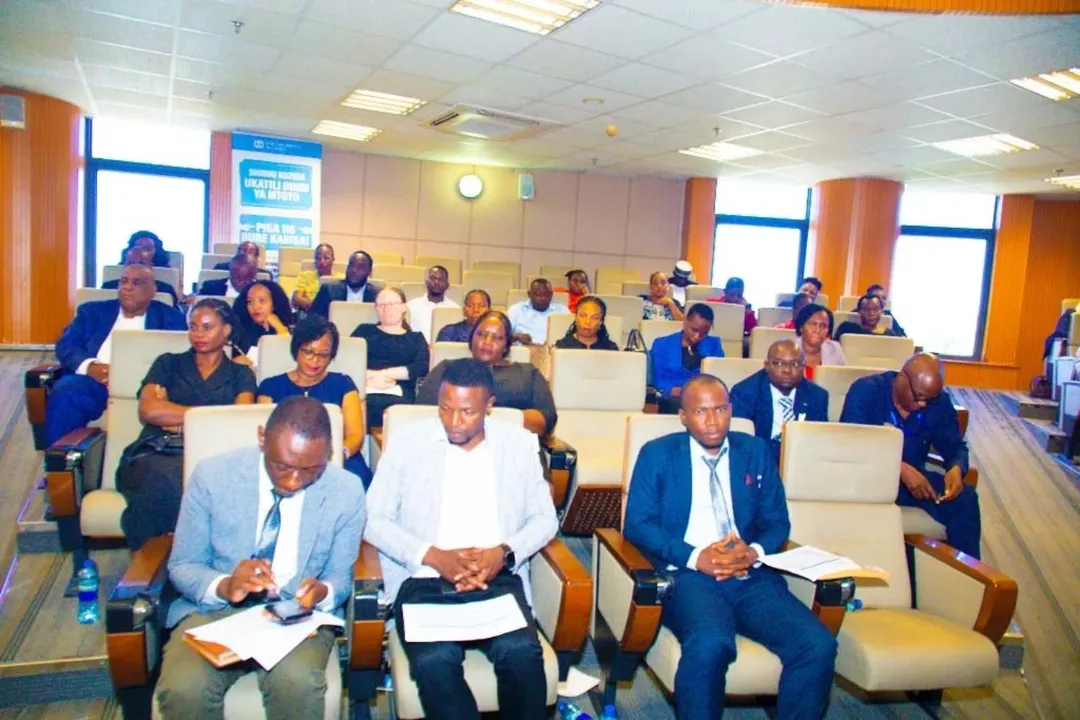
The organization further stated that every child belongs to a family and grows up with love, respect, and security, where families come in all kinds of shapes and sizes, including foster families, extended families, and kinship care.
“What truly matters is that children and young people have a sense of belonging, of being surrounded and supported by individuals who care for them, whom they can rely on and trust, who believe in them, and who are available when they need someone the most. A nurturing and trustworthy relationship is the cornerstone of the kind of family environment we envision for every child and young person,” the organizations stated on their website.


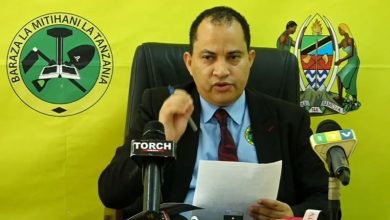


Zelensky signe ou Zelensky tombe? Le piège politique de Trump pour l’Ukraine.
52 k vues · Diffusé il y a 2 heures#RegisLeSommier #IdrissAberkane #Trump
…afficher plus
Idriss J. Aberkane
1,23 M
S’abonner
Erwann, ou la bonne franquette
Twitter Telegram Whatsapp VK email
Publié le : jeudi 27 novembre 2025
Mots-clés : Alimentation; France; Société; Tradition
Commentaires : Aucun
Nombre de vues : 0
Source : E&R
1
2
3
4
5
1 vote
https://www.egaliteetreconciliation.fr/Pourquoi-tant-de-haine-72-Comprendre-l-ingenierie-sociale-avec-Lucien-Cerise-79585.html
https://afrinz.ru/fr/2025/11/la-libye-et-le-tchad-discutent-de-la-securite-frontaliere-et-de-la-cooperation-militaire/
https://sledcom.ru
https://afrinz.ru/fr/2025/11/le-tchad-et-legypte-signent-trois-memorandums-de-cooperation/
https://afrinz.ru/fr/2025/11/le-tchad-et-les-emirats-arabes-unis-signent-un-accord-sur-la-construction-dune-centrale-thermique/
https://afrinz.ru/fr/2025/11/la-porte-parole-du-mae-russe-la-russie-appelle-les-forces-politiques-de-guinee-bissau-a-stabiliser-la-situation-par-le-dialogue/
https://afrinz.ru/fr/2025/11/lalgerie-et-legypte-signent-18-accords-de-cooperation/
https://libyareview.com/61080/libya-energy-sector-eyes-new-gas-injection-control-systems/
https://afrinz.ru/fr/2025/11/donald-trump-lafrique-du-sud-ne-recevra-pas-dinvitation-au-sommet-du-g20-en-2026/
Pourquoi tant de haine ? #72 – Comprendre l’ingénierie sociale, avec Lucien Cerise
Twitter Telegram Whatsapp VK email
Publié le : jeudi 27 novembre 2025
Mots-clés : Ingénierie sociale; Médias; Politique; Société
Commentaires : Aucun
Nombre de vues : 1 833
1
2
3
4
5
10 votes
Zelensky signe ou Zelensky tombe? Le piège politique de Trump pour l’Ukraine.
52 k vues · Diffusé il y a 2 heures#RegisLeSommier #IdrissAberkane #Trump
…afficher plus
Idriss J. Aberkane
1,23 M
Zelensky signe ou Zelensky tombe? Le piège politique de Trump pour l’Ukraine.
52 k vues · Diffusé il y a 2 heures#RegisLeSommier #IdrissAberkane #Trump
…afficher plus
Idriss J. Aberkane
1,23 M.
.
https://afrinz.ru/fr/2025/11/seychelles-et-djibouti-des-festivals-du-cinema-russe-en-novembre/
https://afrinz.ru/fr/2025/07/djibouti-et-la-turquie-signent-un-accord-de-cooperation-en-matiere-de-defense/
Direct | JT 20H de ORTM1 du 27 Novembre 2025.
6,7 k vues · Diffusé il y a 2 heures…afficher plus
ORTM
681 k